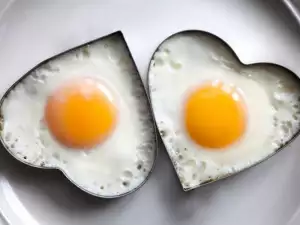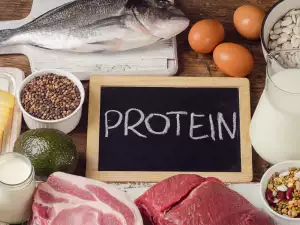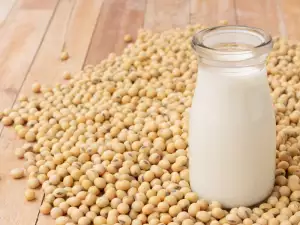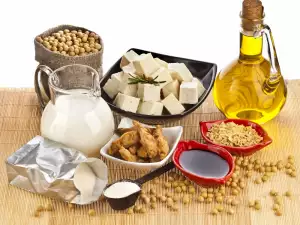Soy contains isoflavones (also called phytoestrogens) and genistein, which are not found in other foods.
These isoflavones have been scientifically proven to lower blood cholesterol levels and slow bone loss, thereby preventing heart disease and osteoporosis.
For some women, isoflavone intake through soy consumption also reduces menopausal symptoms, particularly hot flashes.
The US Food and Drug Administration (FDA) has found that 25g of soy protein per day will lower blood cholesterol levels by about 12%.
Here are examples of soy foods and their usual range of soy protein content (always check the labels of the brands you buy):
- 1/4 cup soybeans contains 12 grams of soy protein;
- 85 g packaged with water tofu, contains 6 to 13 g of soy protein;
- 85 g of silken tofu, contains 6 grams of soy protein;
- 230 g of ordinary soy milk, contains 3 to 10 g of soy protein;
- 230 g of soy milk, vanilla, contains 3 to 6 grams of soy protein;
- In 2 tbsp. soybean oil contains 6 to 8 g of soy protein;
- 1 soy burger contains 10 g soy protein;
- 1/2 cup of canned white soybeans, contains 13 g of soy protein;
- 1/2 cup of canned black soybeans, contains - 11 g of soy protein;
- 2/3 cup edamame, contains 6 grams of soy protein;
- 2/3 cup of green (sweet) soybeans, contains - 7 to 9 g of soy protein
It is recommended to consume 25 g of soy protein per day.



















Comments